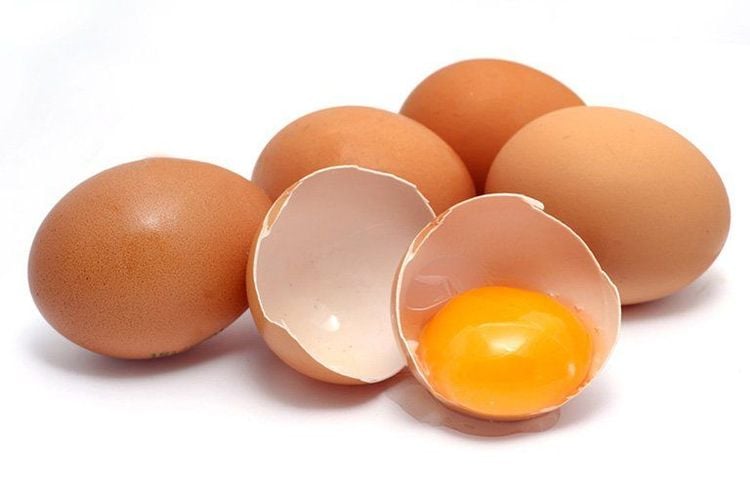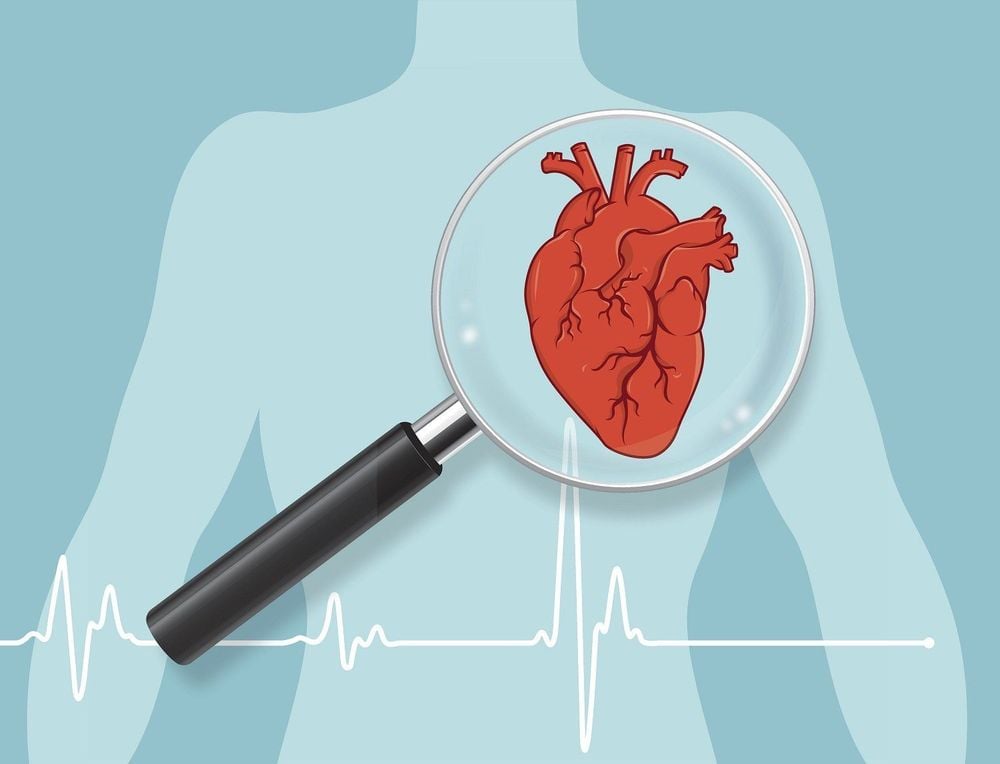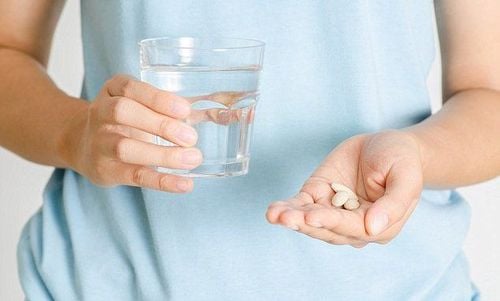This is an automatically translated article.
The egg yolk is the yellow part in the center of the egg. They are high in cholesterol but also provide a host of important and healthful nutrients. In this article, the benefits and nutrition of egg yolks are explained.
1. What is an egg?
Eggs are a nutritious, low-cost food that is easily accessible and prepared, making them a great dietary staple for many people around the world.
They are extremely flexible. People can prepare eggs in many different ways or use them in many areas of food preparation, cooking and baking.
Both the white and the yolk of an egg are rich in nutrients, including protein, vitamins and minerals. The yolk also contains cholesterol, fat-soluble vitamins (such as vitamins D and E) and essential fatty acids. Eggs are also an important and versatile ingredient for cooking, as their special chemical composition is actually the binder of many important baking reactions.

Trứng gà là loại thực phẩm giàu dinh dưỡng và có thể chế biến theo nhiều cách khác nhau
2. Egg yolk nutrition
The nutritional composition of egg yolk depends on the size, origin and processing of the egg, as well as the species from which it was born.
Is it fat to eat egg yolks? The dietary value of egg yolks varies widely depending on how they are prepared. For example, cooking whole eggs in oil can double or even triple the fat and cholesterol content of an egg dish.
One raw yolk from a standard large chicken egg provides the following: 55 calories - 2.70g protein - 4.51g fat - 184 milligrams (mg) cholesterol - 0.61 g carbohydrates - 0.10 g sugar - 0 g fiber
Egg yolk contains at least essential minerals, including: calcium, magnesium, phosphorus, potassium, sodium, zinc.
Egg yolks are a rich source of many vitamins, especially water- and fat-soluble vitamins.
3. Should you eat egg yolks? What are the benefits of egg yolks?
3.1. Eggs reduce the risk of heart disease Eggs must be eaten in moderation, like everything else because yes, if you eat too many eggs a day, and if you eat them fried with a lot of butter and topped with a juicy burger, your heart might ache. But eggs contain nutrients that are good for the heart and prevent heart disease. Folate, unsaturated fatty acids, Vitamin E and some B vitamins are found in eggs.

Sử dụng trứng hợp lý giúp làm giảm nguy cơ mắc bệnh tim mạch
3.2. Eggs are good for eyes Eggs contain vitamin A, which is essential for eye health. This is important to point out because Vitamin A deficiency is the most common cause of blindness in children in the developing world, showing its importance. In addition, zeaxanthin and lutein are two nutrients that may reduce the risk of macular degeneration and cataracts. One study found that one egg yolk per day significantly increased both of these nutrients in the blood
3.3. Eggs are good for aging One egg contains 125.5 milligrams of choline (about 1⁄4 of what you need). Choline is good for heart health, but it's also essential for the brain. Choline helps regulate memory and mood. Studies have proven that it helps cognitive functions such as verbal and visual memory. The membranes that surround your cells are formed with the help of choline. During pregnancy and also while breastfeeding, choline is also essential for the baby's brain development
3.4. Eggs may reduce the risk of breast cancer This is most beneficial when eggs are consumed during adolescence. However, a later study found that women who consumed at least six eggs per week had a 44% lower risk of breast cancer compared with women who ate fewer eggs. Choline in eggs is also a protective agent against breast cancer risk.

Trứng có thể làm giảm rủi ro của ung thư vú
3.5. Eggs are a rich source of protein Protein is often called the building block of the body, and that's for sure. One egg contains 6.5 grams of protein. If you have a three-fruit omelet, you're getting 19.5 grams of protein, almost half your daily limit. So you only consume 250 calories (more with the added omelette, of course) and it's a very satisfying meal.
4. The difference between egg yolk and egg white
Compared to the 2.7 g protein in the yolk of a large egg, the white provides 3.6 g.
While the white provides more protein, the yolk contains nearly all of the water- and fat-soluble vitamins and minerals in eggs. Research shows that consuming whole eggs has more significant benefits than just eating egg whites.
For example, one study found that young men who ate whole eggs immediately after resistance training had a higher rate of muscle metabolism than those who ate only egg whites.
Please dial HOTLINE for more information or register for an appointment HERE. Download MyVinmec app to make appointments faster and to manage your bookings easily.













